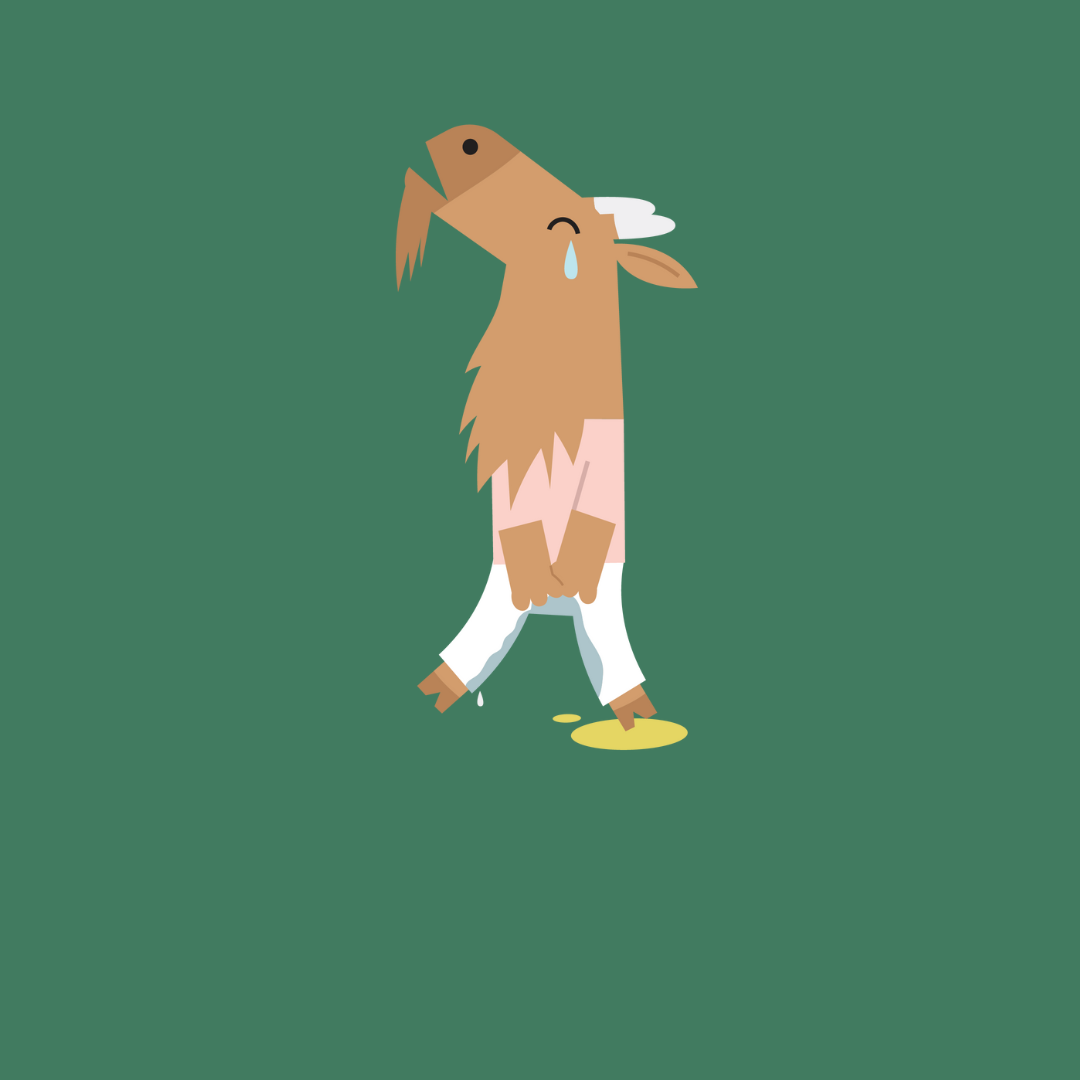Even if potty training was going well, your child may suddenly wet more often or not want to go to the potty. This is called relapse. It often happens after vacations, illness, a new care group or busy weeks. In this article you will learn why relapse is normal, how to restore calmness quickly and in what order to rebuild - without struggle or embarrassment.
Why relapse is normal
Children learn potty training through repetition and predictability. During vacations or busyness, rhythms change, during illness your child feels differently and drinks/sleeps differently. After such a period, the brain needs a reminder, "Oh yes, that's how we do it." So relapse is not a failure, but a signal to make the basics clear again.
Reset in 3 days: your short recovery plan
- Day 1 - Rest and predictability: choose 3-4 fixed "just try" moments (after getting up, after eating, before going outside, before sleeping). Use the same short sentences: "We're going to try for a while. One minute."
- Day 2 - Repeat and simplify: make the toilet route super simple (potty visible or toilet with reducer and stool). Easy clothes with elastic. Compliments on trying.
- Day 3 - Small celebration, neutral on misses: high five on effort or success. For accidents: "Oops, wet. We'll clean it up. Done."
Often within a few days you will see more peace and more moments of success.
Recovery checklist (grab the basics first)
- Fixed moments back? Yes → hold them firmly for 1-2 weeks.
- Same toilet words? Use the same short words everywhere (pee, poop, potty/toilet, wet/dry, wash hands).
- Child-friendly environment? Potty in sight, toilet reducer and stool, route free and light.
- Clothing easy? No buttons/garden pants; elastic helps independence.
- Transfer short? "2× tried, 1× succeeded, 1 mishap - carried on quietly."
Relapse due to vacation: here's how to handle it
- Before leaving: tell that on vacation, "just trying" also exists. Bring potty or travel reducer.
- On vacation: choose 2 fixed times (e.g., after breakfast and before swimming). Keep sentences and order the same.
- After coming home (week 1): 3-4 set times per day, short scripts, neutral in case of accidents.
Relapse due to illness: recovery first, then rhythm
With fever/fatigue, control is more difficult. Focus on comfort, drinking and sleeping first. Once your child perks up:
- Start with short sitting moments (1-2 min) after eating and before sleeping.
- Poop tension? Footrest + booklet. Reward relaxation and sitting.
- Increase the number of moments only when your child regains energy.
Relapse due to busyness or changes
New daycare, baby added, moving: your child needs more support.
- One approach for all educators: share an A4 with toilet words, set times and responses.
- Lower expectations: rather short and consistent than long and changing.
- Temporarily extra predictable: a week of the same times and scripts.
Scripts that help with relapse
- Start: “Let's give it a try. Then we'll continue playing.”
- Transition from play: “One more block, then toilet.”
- Success or just commitment: "Glad you listened to your gut. High five."
- Accident: “Oops, wet. We'll clean it up. Clean pants, all done.”
- In case of resistance: "Potty or toilet? One minute is enough."
When to take a step back
Notice a lot of "no," tension or multiple wet days in a row? Then step back temporarily:
- Maintain 2-3 core moments (after getting up, after eating, before sleeping).
- Focus on sitting and relaxation rather than results.
- After 5-7 days slowly build up again.
Frequently asked questions
Should I put the diaper back on on relapse?
Only if your child is sick or tension is running high. Then a temporary exercise break can help. Then quickly pick up the routine again.
Does asking "do you have to pee?" more often help?
Not really. Better: predictable moments and the same short sentences. Asking too often gives pressure and "no."
Things were going well at home, but not at daycare (or vice versa). Now what?
Choose the same words and 2-3 identical moments in both places. Ask for brief, neutral feedback. Above all, celebrate the effort at home.
How long does a relapse last?
It often recovers within days to a few weeks, depending on cause and how consistently you offer the basics again.
When to ask for help?
In case of pain/burn, constipation, or if there is really no improvement after several weeks with a gentle routine: consult with CB/ GP.
Summary
Relapse after vacations, illness or busyness is normal. Restore the basics: set times, same toilet words, child-friendly environment and short, calm scripts. Respond neutrally to accidents and celebrate engagements small but visible. If you see a lot of resistance or stress, take a step back and then build up again. With calm and predictability, the old routine quickly returns.

.svg)







%20Ledenlogo2.png)